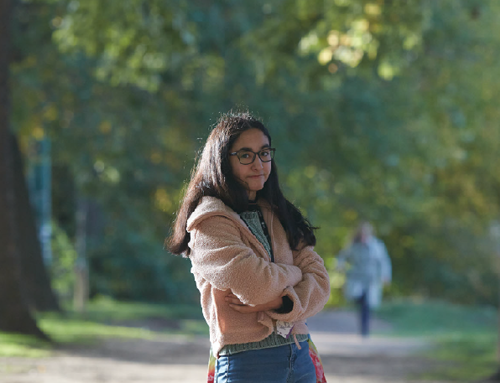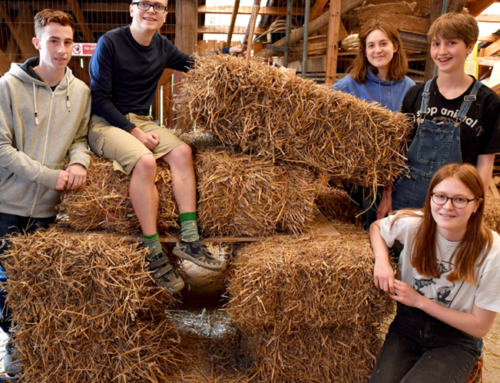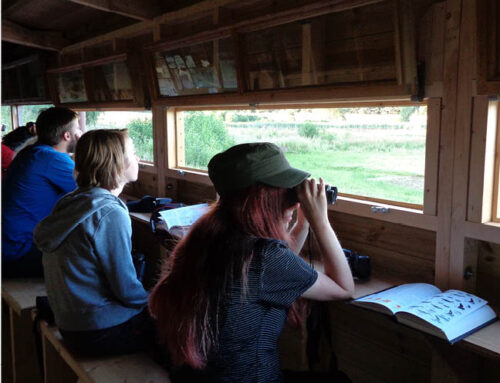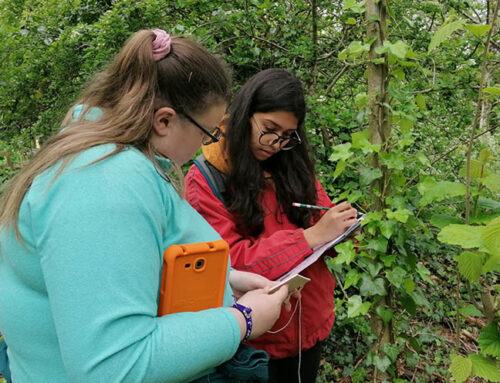Our Bright Future launched four years ago – a £33million national programme investing in 31 diverse projects, with the aim of bringing together the youth and environment sectors.
The programme funds projects to:
-
empower young people to become skilled and engaged citziens, whether that be through providing conservation accreditations, teaching campaigning and social action skills or giving them a space to be heard on the environmental issues that mean something to them
-
work with young people from diverse backgrounds, whether they be from marginalised communities, in rural isolation, have a disability or mental health issue, or those at risk of homelessness
-
support young people to be catalysts for change, for their local environment and community, and as the future of the green economy
“It’s good because if you see other young people taking a stand, you can feel like in yourself, I have ideas about the environment too. (If) this person can stand up and say something, I can stand up too. It gets more and more people involved.” Project participant interview, 2018
Behind the scenes, our Share Learn Improve (SLI) strategy kicked off too; with the aim of adding value and maximising the impact of the programme by providing a platform for project staff to come together. But how could 31 projects scattered all over the UK, consisting of hundreds of staff and partners, stay connected and learn from each other?
The key to the Share Learn Improve approach has been the variety of elements we’ve made available. All people aren’t going to be able to attened all events all the time. Some will like to dip into an online portal now and then to catch up on news, some will like to meet up face to face when they can, whilst others will have to listen back to webinar recordings as they’re too busy delivering activity in the working day to attend ‘live’. So we provided a borad range of elements and kept them flexible, including:
-
a member-only website, acting as a digtial store of resources, discussion board and latest news
-
a fee-paying support network made up of project staff able to support other projects for identified pieces of work
-
regular online webinars covering topical themes or learning needs
-
face to face spring and autumn regional workshops, allowing ‘local’ projects to share ideas
-
an annual all-project seminar in early summer, where the entire programme comes together alongside the Steering Group, Evaluation Panel and Youth Forum members
“We get the learning from the network. When things aren’t going as you expect, you find out about the experience on other projects and that they are experiencing similar challenges.” Project Manager
The SLI strategy has remained as flexible as possible throughout; making it a continuous process of consultation, reflection and action to respond to the needs of the portfolio and to address issues.
We’ve been able to use the quarterly project reports to identify which projects are well placed to share insight on a particular topic or theme – the benefit of having a dedicated staff member to sift through and take note of what learnings might be useful to the rest of the network.



Several project managers indicated that progress in new ways of working has been faster compared to projects trying out new ways of working in isolation, with projects inspired and given confidence to try new things which they otherwise may not have put into practice or known about Midterm evaluation report.







